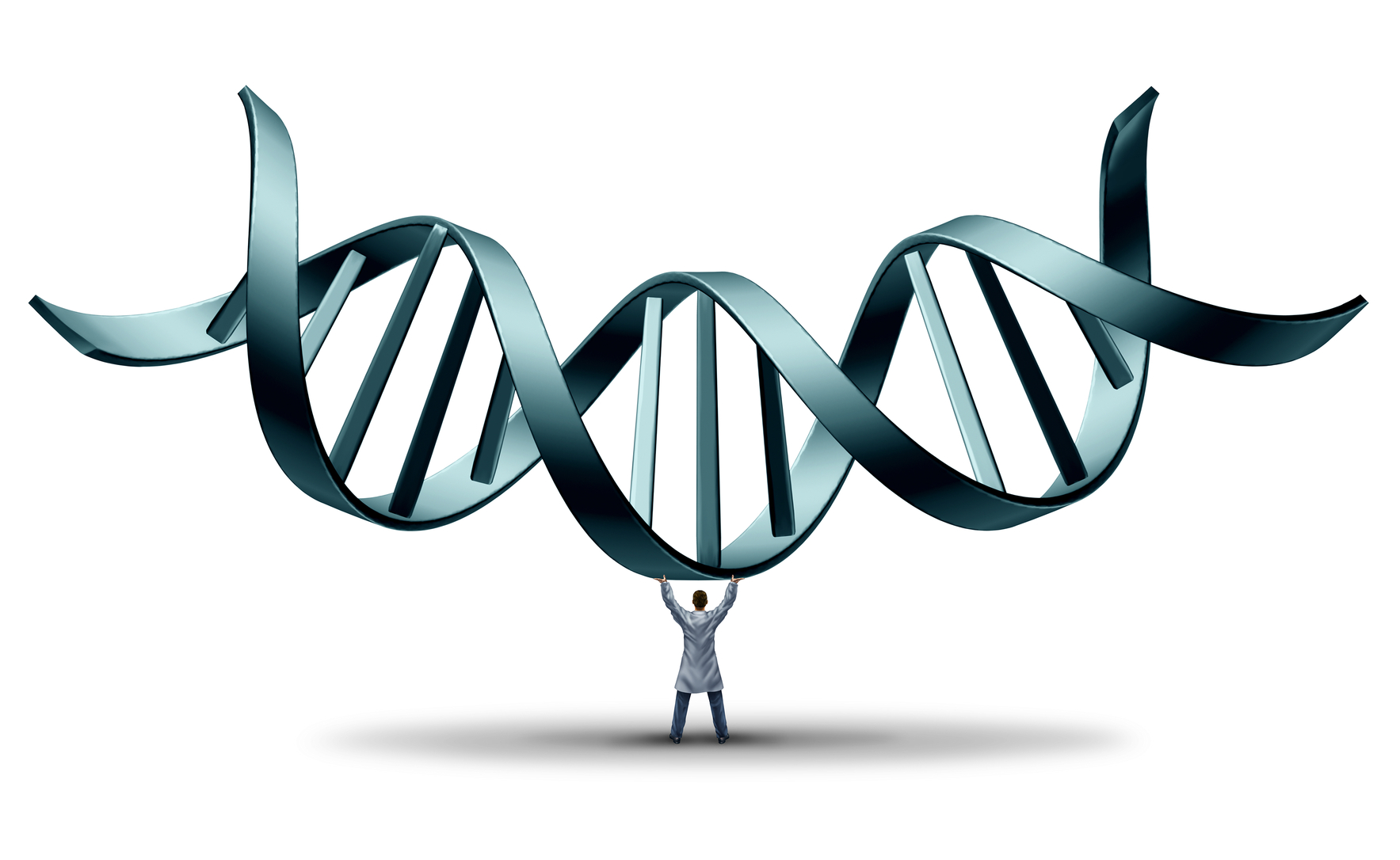
One challenge oncologists often face is learning how to effectively treat tumors over time, but a team of scientists from the University of Edinburgh has recently developed an approach which directly addresses evolving tumors that can become resistant to treatment over time.
According to reports, using AI the researchers have discovered a connection between repeated tumor mutations and survival rate, suggesting that specific patterns of DNA mutations could predict how cancers may progress in the future.
In addition to predicting how a patient’s cancer may unfold, scientists have also utilized AI to speed up the diagnostic process altogether. For example, study conducted by NYU researchers found that AI could detect both adenocarcinoma and squamous cell carcinoma with 97 percent accuracy. The study also demonstrated how the technology is able to detect six different genetic mutations linked to lung cancer with substantial success.
While early detection is an obvious top priority, AI is also playing an important role in assisting those suffering from rare cancers that require extensive treatment and targeted therapies. For example, using an artificial immune system, doctors have been able to detect malignant pleural mesothelioma (MPM) with nearly 98 percent accuracy. MPM is responsible for over 70% of diagnoses and the prognosis is often grim, making early detection absolutely key to treating the disease.
And mesothelioma is far from the only cancer being researched. Dr. Elliot Fishman, a diagnostic radiologist at John Hopkins University, is dedicated to fighting pancreatic cancer through GPU-accelerated deep learning. Working with one of the largest centers for pancreatic cancer treatment in the world, Fishman has developed niche experience in diagnosing pancreatic cancer and acknowledges that AI may be able to detect what the human eye can easily overlook.
Despite positive results, Fishman says researchers are battling with regulatory organizations to install artificial intelligence throughout hospitals. Logistical issues such as cost, training, and the fear of AI replacing jobs have also hindered its progress.


